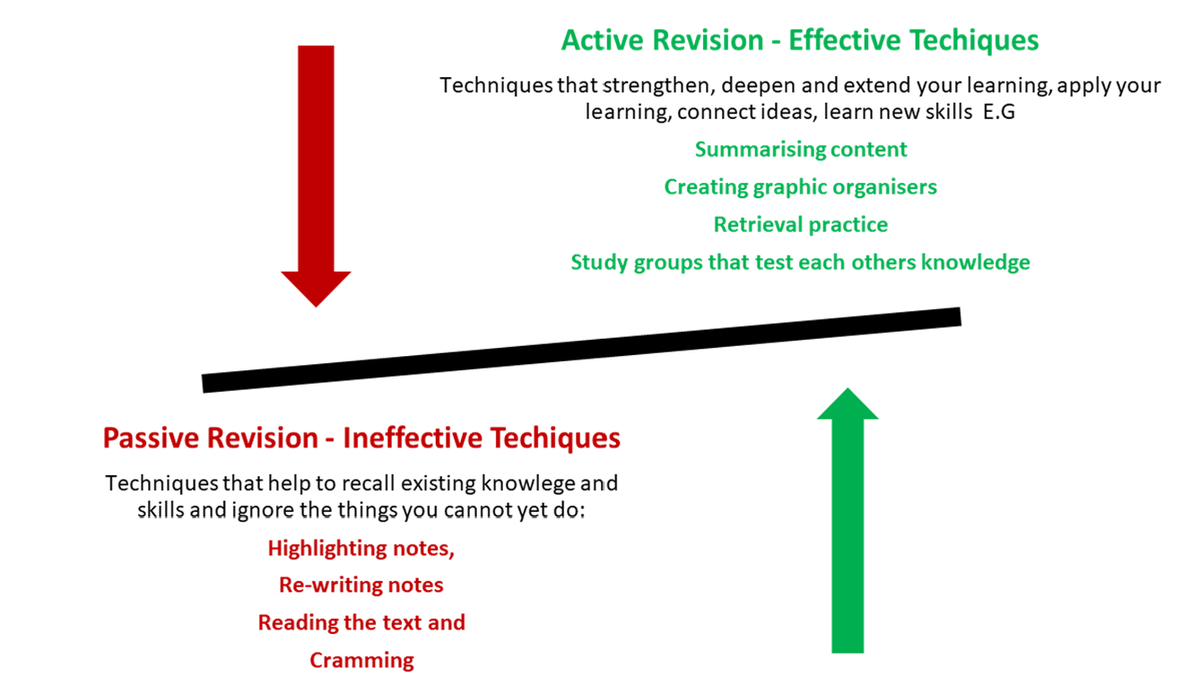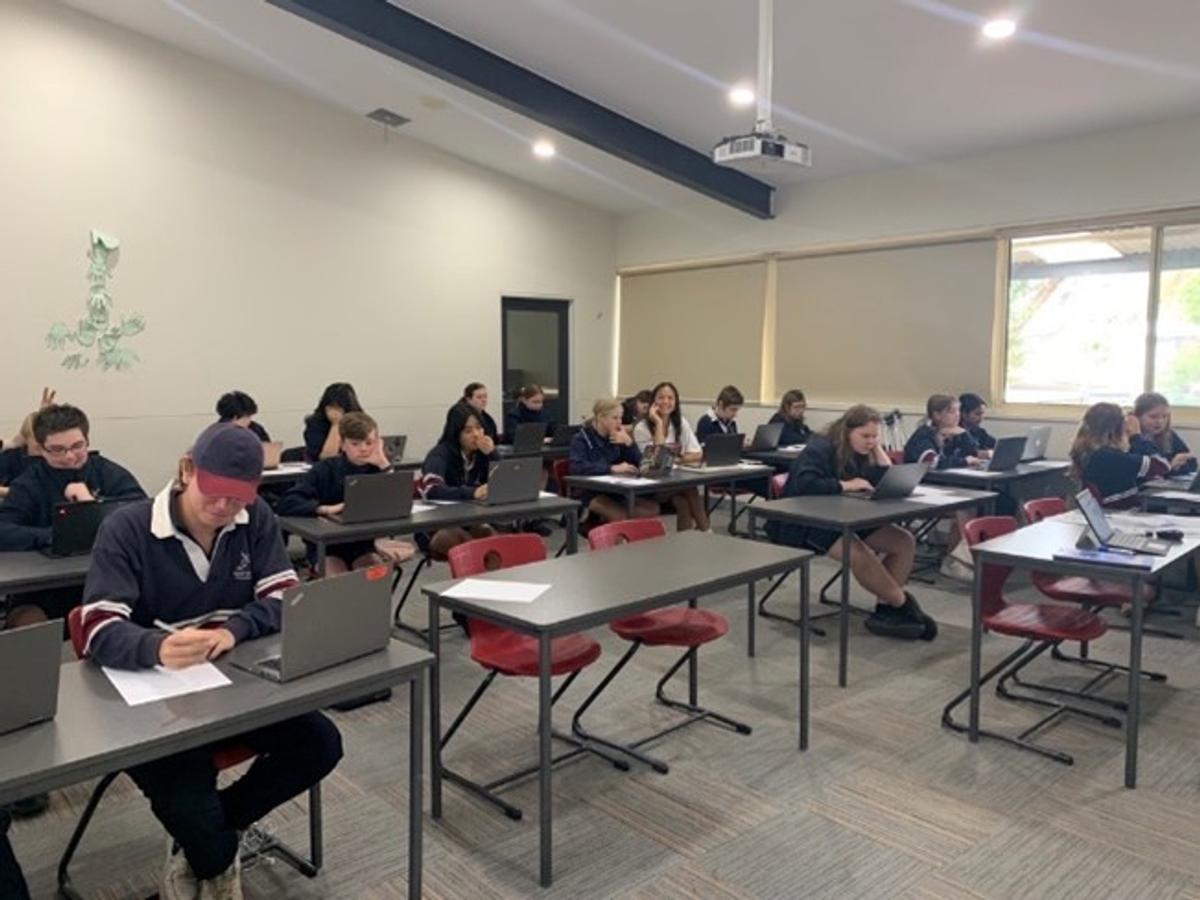Learning & Teaching

Year 9 & 10 R.A.F. Cycle
Mon 20 Nov - Thu 30 Nov
At the end of each semester, a period of 8 to 9 days is marked into the calendar for the Revision, Assessment and Feedback (RAF) period in Years 9-10, which takes place within normal scheduled classes.
During the RAF cycle, classes will engage in a cycle of structured revision, a common assessment activity/task (which assesses several skills taught in the unit/s of learning), a reflective feedback session. Through this process students demonstrate evidence of learning (knowledge and skills learnt within a unit of learning, topic, or semester) whilst continuing to learn throughout all stages of the process. Students may experience a variety of assessments, which could include, an exam, a test, a practical assessment tasks, a problem-solving task, or a sustained writing task (e.g., essay or report). They also review their performance on the assessment activities through teacher, self and peer feedback activities.
Subject Confirmations and Booklists
Year 11 and 10 students have received their subject confirmations for 2024 and the Year 8 and 9 students will receive their confirmations shortly.
The booklists will also be published in the next couple of weeks when finalised. This year, the Campion booklist will include payments for all the digital learning platforms we require students to access as part of the teaching and learning program. This includes payments for Edrolo, Mathspace and Education Perfect. It will be a one-stop-payment system and much easier for parents to set their children up with the right resources. Our Business Manager, Peter Cameron, has been negotiating hard with our booklist provider and our digital providers and has successfully reduced costs to parents.
Tips for Parents on Quality Revision
Revision techniques generally fall into 2 categories - Passive and Active.
Traditionally, students engage in Passive Revision Techniques such as reading notes, highlighting, and copying things from a textbook. Passive techniques often involve re-learning and reinforcing the things you already know and ignoring the things you cannot do yet. Active Revision Techniques make you think by connecting ideas together, summarising and applying your knowledge/skill & organising information. Research shows that Active are much more effective than Passive techniques.
Active Revision Techniques include creating study notes using a notetaking technique such as Cornell Notes Method. Remember to include words, drawings, colours, subheadings and formatting learning trigger words (a word that will trigger you to recall more details and information). You could also use Visual Note Taking Methods - creating a diagram or chart to represent a topic such as mind maps
It helps to make study an active, social endeavour by creating a study group or study buddy to teach someone or get them to quiz you. Social study helps to actively revise through discussing topics, look for points for and against an argument, reading each other's work and giving constructive feedback.
Understanding key vocabulary is vital to learning. Students do better when they create their own revision flashcards to test knowledge or facts, figures, and definitions. Set up a free account with Quizlet
Another evidence-based tip, is to use the Retrieval Practice Methods learnt in class such as Retrieval Grids and Spaced Repetition – using special techniques that bring to mind key facts and information without simply reading your notes. You can also record yourself explaining something and listen to it back to see if it is accurate. Create or complete a practice test / exam in preparation for the assessment, applying your knowledge to questions, is the ultimate revision technique. Note what you can and cannot do well and work on your gaps. If you get questions wrong find out why and re-right your mistakes.
Year 8 International Testing
TIMSS (Trends in International Maths and Science Study) is an important educational research project investigating and monitoring student achievement in mathematics and Science at Year 4 and Year 8 every four years, in 60 countries. TIMSS is an important activity to keep us, as parents and citizens, informed about how our students in Australia are performing in comparison to their peers in other countries and to compare programs of study and teaching practices.
This year, Wantirna College was one of 580 schools around Australia selected to participate in TIMSS and 8S and 8C were randomly selected to complete these tests this week. They did a great job of focusing and persisting through a 3-hour process involving 2 tests, and a lengthy questionnaire. Unfortunately, we don't get individual or school results but we will get the overall international results down the track.
Natalie Manser
Assistant Principal
mar@wantirnacollege.vic.gov.au



